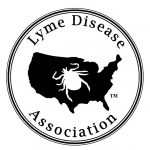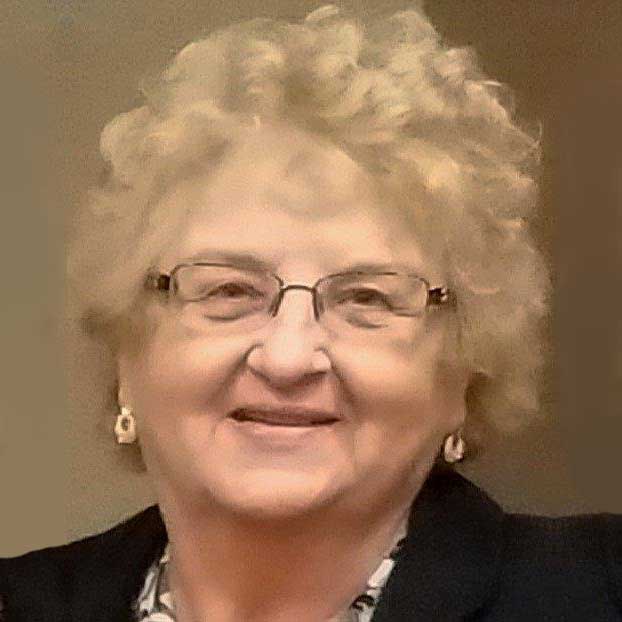
SHARE THIS ARTICLE:
The Role of the Lyme Disease Association in Lyme Disease Treatment

The Lyme Disease Association (LDA) is a national non- profit dedicated to funding research, education, prevention and patient support. We are not physicians or researchers, although we do have both on the LDA’s Scientific & Professional Advisory Board to answer our questions when necessary. Although we do not answer specific questions about Lyme disease treatment, our programs often provide information on that topic, and we provide funding for patients and researchers related to that topic.
To date, LDA has provided 112 grants to researchers across the nation, and subsequently, there are 45 peer-reviewed publications featuring research supported by the LDA. Several of those grants have involved treatment studies with antibiotics and also one with hyperbaric oxygen. A few of the treatment studies are briefly mentioned below, all can be accessed at the above link for further details and additional studies.
LDA funded a pilot study with Dr. Brian Fallon which enabled him to present that preliminary data to the National Institutes of Health where he received a large grant to perform a study published in 2008 in Neurology entitled “A randomized, placebo-controlled trial of repeated IV antibiotic therapy for Lyme encephalopathy.” The conclusion reached was IV ceftriaxone therapy results in short-term cognitive improvement for patients with posttreatment Lyme encephalopathy, but relapse in cognition occurs after the antibiotic is discontinued.
The LDA funded a study done by Dr. Dan Cameron, NY, who published in 2008 in Minerva Medica. “Severity of Lyme disease with persistent symptoms. Insights from a double-blind placebo-controlled clinical trial.” “The improvements in the SF-36 measure of QOL for subjects randomized to amoxicillin vs. placebo was significant (46% vs 18%, P=0.007). It is important for clinicians to be aware that LDPS can be severe. A significant gain in the QOL for subjects randomized to amoxicillin in this RCT without serious adverse events is consistent with the goal of improving patient’s QOL and consequently worthy of further study.”
Recent grants to Dr. Ying Zhang, Johns Hopkins University have supported his work published in the May 2016 in Frontiers in Microbiology entitled “A Drug Combination Screen Identifies Drugs Active against Amoxicillin-Induced Round Bodies of In Vitro Borrelia burgdorferi Persisters from an FDA Drug Library.” According to the study, “These findings confirm and extend previous findings that certain drug combinations have superior activity against B. burgdorferi persisters in vitro, even when pre-treated with amoxicillin. These findings may have implications for improved treatment of Lyme disease.”
Also from a grant to Dr. Zhang, on Oct. 2016 in Frontiers of Microbiology, he published “Ceftriaxone Pulse Dosing Fails to Eradicate Biofilm-like Microcolony B. burgdorferi Persisters Which Are Sterilized by Daptomycin/Doxycycline/Cefuroxime Drug Combination without Pulse Dosing.” The “findings indicate pulse dosing may not always work as a general principle but rather depends on the specific drugs used, with cidal drugs being more appropriate for pulse dosing than static or persister drugs, and that drug combination approach with persister drugs is more effective at killing the more resistant microcolony form of persisters than pulse dosing.”
All 18 of the Lyme Disease Association “Lyme & Other Tick-Borne Diseases” continuing medical education (CME) conferences, most provided jointly with Columbia University, have had up to 20 speakers discussing many aspects of tick-borne diseases including Lyme disease symptoms and Lyme disease treatments. The audience is primarily doctors, health care providers, and researchers, with some public members in attendance, and they all have a chance to ask questions and personally interact with each other at a networking reception. Researchers often form collaborations there for future research projects. Other free public programs provided across the country by the LDA have provided physicians speakers who discuss treatment and answer audience questions.
Often, those who suspect they have Lyme or have been diagnosed do not have the funds necessary to proceed. The LDA has a special program developed with author Amy Tan, herself a Lyme sufferer, called LymeAid 4 Kids. Families who are financially eligible, can apply through their physician’s office and receive a grant for a child to get diagnosed or begin treatment.






